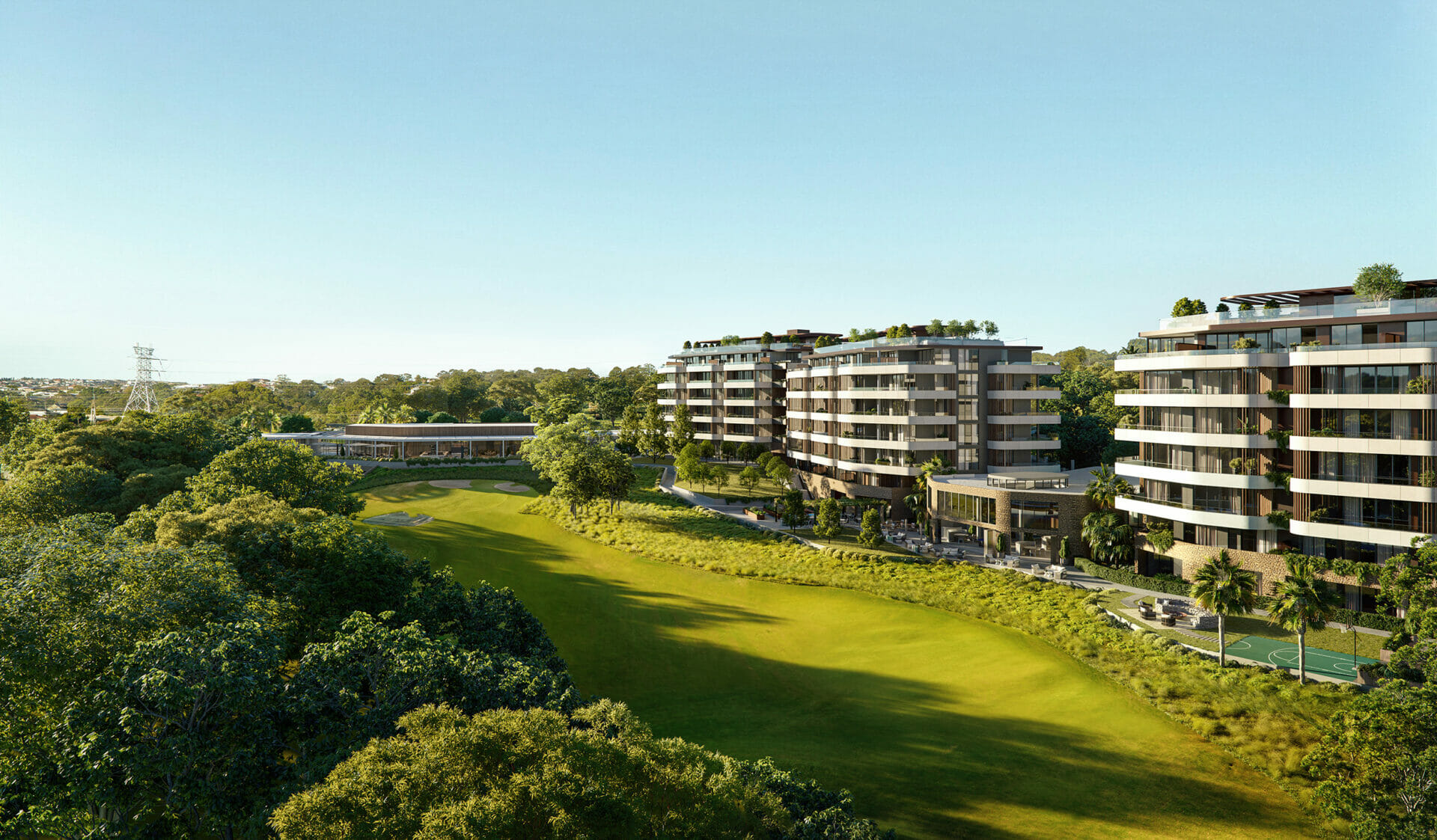It has been billed as Australia’s most resilient residential market, with developers and investment piling in and the nation’s seventh biggest city welcoming a record number of citizens this year.
But Newcastle’s boom has nothing to do with its long association with coal mining. It’s all about population growth, according to Ray White’s head of commercial research, Vanessa Rader.
“The housing affordability of the region has not gone unnoticed as well as the lifestyle benefits and access still to Sydney,” Rader says.
“Investment in infrastructure across the region has made Newcastle a stand-alone region for people to live, work and play, not a commuter town with limited prospects.”
If it maintains its current growth trajectory, Newcastle’s population is expected to tip over 200,000 by 2041.
But it’s not all roses.
“Demand to purchase will be slow this year (as it is across most areas) given interest rate increases which has dampened investment activity for the remainder of this year,” Rader says.
“Construction of new stock will also slow given rising finance costs and high construction costs.
“The office market may continue to have take-up, albeit at a limited rate like most other office markets. Opportunities will stem from the services industries which may prop up retail assets given the growth in population, similarly medical, childcare will see an uptick in demand.”
Yet the Newcastle market remains robust.
Bucking the slowdown, Urban Activation Group has netted more than $50 million in sales in just a month on Iris Capital’s $1-billion East End Village project, with Iris Capital chief executive Sam Arnaout announcing the fast-track of the final stages of the project.
Urban Activation Group director of sales Matt George said the market was firing and most of his team were now based in the regional city.
“The Iris Capital project is an unique offering,” George says.
“He [Arnaout] is building a landmark that he wants—the detail in these buildings is extraordinary and the architecture is really impressive.
“Newcastle has had a huge amount of infrastructure spending over the past five years and with the rail network to Sydney the fundamentals are strong.”
The strong sales data supports the longer-term view that Newcastle and the Hunter Valley are among the strongest residential property markets in Australia at the moment. George says local-buyer interest has predominantly led the sales with downsizers from regional properties moving into town.
Iris Capital is among a number of high-calibre developers who are reshaping the regional city from east to west, including Sydney-based developers Thirdi and WINIM, and Canberra-based Doma Group.
Thirdi co-founder Luke Berry says investment in local infrastructure is boosting the attraction for people moving to Newcastle.
“Dairy Farmers Towers and The Merewether are sitting at close to 80 per cent sold,” Berry says.
“Being only an hour and a half up the highway from Sydney, we have had a lot of buyers purchase in Newcastle since Covid as they may only have to be at the Sydney office one or two days a week. They not only get more for their money in Newcastle, they also get the amazing lifestyle that comes with it.”
Thirdi has been developing in Newcastle for 15 years but Berry says the buyer profile has shifted significantly over that time.
“Owner-occupiers and investors alike are craving generously sized properties and a level of finish that has previously been unavailable in the region.
“In our Dairy Farmers Towers and Merewether Residences projects, never before has it been more important to ensure floor plates are overly generous and that all living spaces have been fully rationalised as well as the inclusion of high end finishes.
“Dairy Farmers is under construction and The Merewether is close to commencing. Newcastle is a desirable city to live and work in, the migration from Sydney due to Covid has helped the city boom and it will continue to grow.”
Another strong proponent of the future of Newcastle is WINIM joint managing director Justin Kuiters. The developer bought up the Newcastle Beach Hotel last year, nestled on the headland between Nobby’s and Newcastle beaches.
Kuiters said WINIM had long been dedicated to Newcastle. The developer recently sold a retail asset and is working with the council on repositioning the Newcastle Beach Hotel as a boutique luxury hotel and residential mixed-use development.
“Our confidence in Newcastle as one of our preferred regional hotspots, even in the face of the Covid-19 impact, is rooted in extensive research and the fact that Newcastle has sound property and growth fundamentals,” Kuiters says.
Kuiters says the city’s economic fortunes are tied to key industry sectors, including agriculture, mining and tourism, while the city’s CBD is experiencing strong growth in prime and subprime office markets.
The city is also undergoing a masterplanned transformation of a 50ha former industrial parcel of land at Honeysuckle into an entertainment, tourism and recreation hub at the edge of Newcastle Harbour.
“The city has strong market and industry fundamentals and the early masterplanning undertaken over the last decade has put the city in prime position for growth and regeneration,” he says.
“Add to this, a surge in demand in regional areas during and after Covid as well as the extensive development activity on the honeysuckle foreshore has further fuelled opportunities for the city. There are now strong values being realised and more investment being targeted for the city, and WINIM has future plans to grow there.”
The developer is hoping to receive approval for its repositioning of the run-down Newcastle Beach Hotel in June, with works planned for later this year.
Doma Group has been given the green light to build its two-tower residential development on the historic former Store buildings site in Newcastle’s West End. The Store Residences will be the final stage of the $350-million transformation of the 8743sq m site at 854 Hunter Street.
The city is also in line for a $100-million investment in Port of Newcastle as a green hydrogen hub, with funding for feasibility studies, detailed designs and early works.
